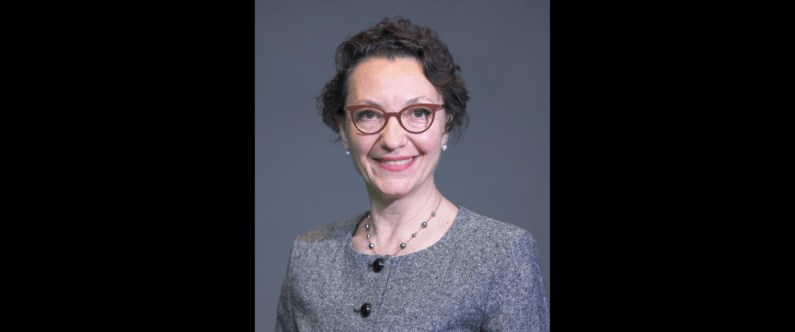WCM-Q telehealth elective prepares students for the future of healthcare delivery
 Dr. Stella Major
Dr. Stella Major
Third- and fourth-year medical students from Weill Cornell Medicine-Qatar (WCM-Q) had the opportunity to participate in the second iteration of an in-demand elective on telehealth, further demonstrating the growing importance of remote technology-driven patient care.
Titled “Telehealth and Tele Simulation Clinical Elective,” the two-week online elective was held in collaboration with the Weill Cornell Medicine Center for Virtual Care (CVC) in New York. The course was designed to encourage medical students to learn about and practice conducting remote interprofessional simulated patient evaluations with the aid of diverse technologies, emphasizing the impact of telehealth, telemedicine, and technologies on provider-to-provider and provider-to-patient communication and interpersonal skills.
The elective enables students to describe and differentiate between telehealth and telemedicine; define and apply principles of interprofessional education and collaborative practice; understand and assess the benefits and suitability of using augmented and mixed reality as emergent technologies; conduct virtual video patient encounters and interprofessional patient evaluations; view examples of strategies used by telemedicine practitioners to evaluate and provide patient care; and become familiar with the development of and challenges faced by different countries in delivering patient care through telehealth/telemedicine.
In addition, students learned about the importance of lighting, screen movement, and presentation skills when conducting patient encounters, along with other logistical, ethical, and legal considerations.

The course was sponsored by Dr. Stella Major, associate professor of family medicine in clinical medicine and director of the Clinical Skills and Simulation Lab (CSSL) at WCM-Q.
Guest faculty included Sweden-based Joseph Yang, digital educator and instructional designer; and from the CVC, Dr. Kristie Busch, assistant professor of clinical emergency medicine; Dr. Peter Greenwald, assistant professor of clinical emergency medicine, vice chair of clinical strategy and innovation, and director of telemedicine in the WCM Department of Emergency Medicine; Denzil Coleman, administrative director; and Dr. Neel Naik, director of emergency medicine simulation education and assistant professor of clinical emergency medicine in the Department of Emergency Medicine.
Dr. Major said: “The COVID-19 pandemic has taught us to be more mindful of how we spend our time and to explore more effective ways of delivering and ensuring healthcare continuity. I believe that the way forward is hybrid patient care. With this in mind, technology is now more central to our practice than ever before, and telehealth is increasingly becoming an important part of our future medical profession. Telehealth is a tool our medical students will need to become familiar with—it will be as critical as teaching our students how to use the stethoscope.”
Yang said: “It was a pleasure working with Dr. Stella Major and her colleagues from New York to explore the practices of telemedicine and the use of technology for enhancing the capabilities of telehealth in patient care. I found that the students’ eagerness to learn and positive contribution to discussions greatly enriched the course.”
Hussam Kawas, one of the students who took part, commented on his experience, saying: “As a participant in the telemedicine elective, I gained a deeper understanding of the benefits and challenges of remote healthcare delivery. From learning about the different telemedicine technologies available to understanding the legal and ethical considerations of practicing telemedicine, this elective provided me with a comprehensive education in this emerging field. I had the opportunity to participate in simulated virtual consultations and work alongside experienced telemedicine practitioners, which allowed me to see firsthand the impact of telemedicine on patient care. This elective not only expanded my knowledge but also sparked a passion for telemedicine that will guide my career in healthcare for years to come.”
The elective was created during the COVID-19 pandemic, with the subsequent need to shift patient care online and train students to use digital technology for healthcare delivery.